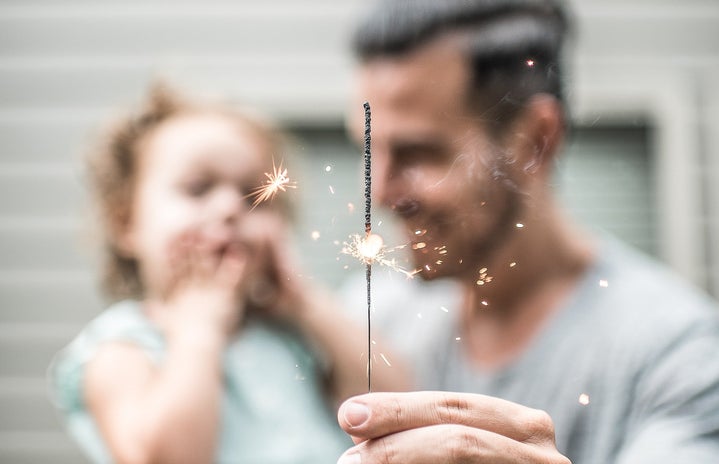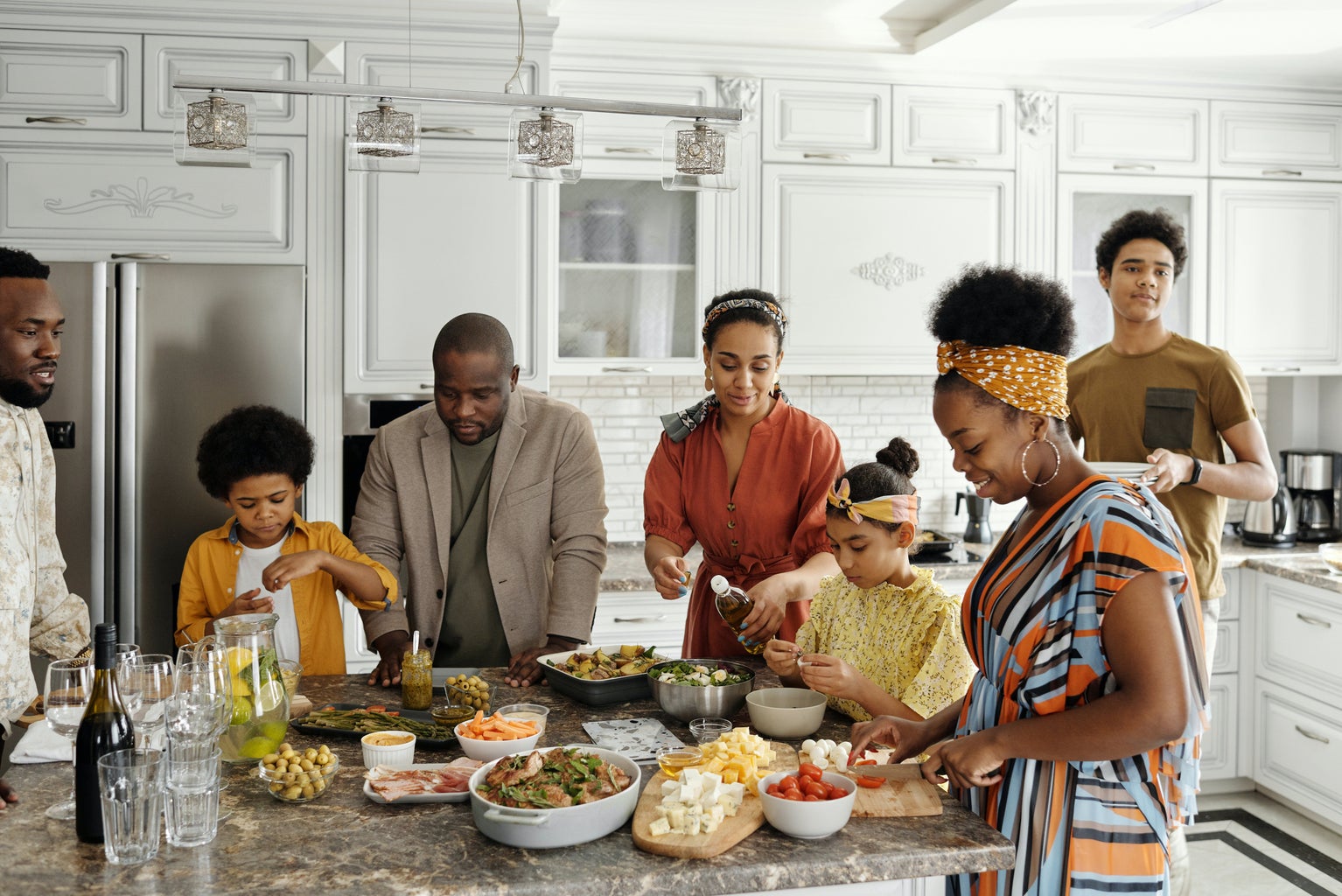In an age where clicks and views reign supreme, the digital landscape has birthed a new breed of internet celebrities: family vloggers. With their picture-perfect lives and seemingly endless stream of heartwarming moments, these vloggers attract millions of subscribers eager to witness the highs and lows of family life. However, behind the carefully curated content lies a troubling reality that begs the question: Are family vloggers exploiting their loved ones for fame and fortune?
At first glance, family vlogging appears harmless, even endearing. Capturing milestones, sharing laughter, and offering glimpses into the daily lives of ordinary families, these videos create a sense of connection and camaraderie among viewers. But scratch beneath the surface, and a more sinister narrative emerges.
One of the most glaring issues with family vlogging is the lack of consent, particularly when it comes to children. From the moment they are born, these youngsters are thrust into the spotlight, their every move documented for the world to see. They have no say in the matter, no control over how their image is portrayed or the narratives constructed around them, no matter how embarrassing that is. Imagine your mom showing your diaper blowouts and tantrums for the world to see. Instead, they become unwitting actors in a digital circus, their childhoods commodified for clicks and ad revenue.
Furthermore, the pursuit of virality often leads family vloggers to prioritize entertainment over authenticity. Behind closed doors, conflicts and struggles are edited out and replaced with glossy, Instagram-worthy moments designed to captivate audiences. This perpetuates an unrealistic standard of family life, placing undue pressure on both vloggers and viewers to maintain appearances at all costs.
But perhaps the most troubling aspect of family vlogging is the potential long-term impact on the children involved. Growing up in the public eye can have profound psychological consequences, from issues of privacy and identity to feelings of exploitation and resentment. As they navigate adolescence, these children may struggle to establish boundaries and develop a sense of self separate from their online personas.
Moreover, the relentless pursuit of fame can take its toll on familial relationships, turning what should be private moments into public spectacles. Haven’t you seen Austin McBroom’s Snapchat meltdowns? When every argument, tantrum, and tear is captured on camera, it’s easy for boundaries to blur and intimacy to erode. In the quest for likes and subscribers, the line between family and business becomes dangerously blurred. We then spend our life watching other people and wishing we were them. Why else do we watch family vlogs?
Of course, not all family vloggers fall into this trap. Some approach their craft with sensitivity and mindfulness, prioritizing the well-being of their loved ones above all else. But as the industry continues to grow and evolve, it’s essential to confront the darker side of family vlogging and consider the ethical implications of turning family life into entertainment.
Ultimately, the problem with family vloggers lies not in the act of sharing, but in the manner in which it’s done. As viewers, we have a responsibility to demand transparency, authenticity, and above all, respect for the privacy and autonomy of those onscreen. Only then can we ensure that family vlogging remains a force for connection rather than exploitation in the digital age. Not everything in life needs to be recorded and monetized, just live in the moment.




